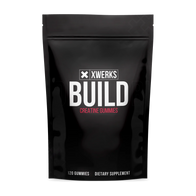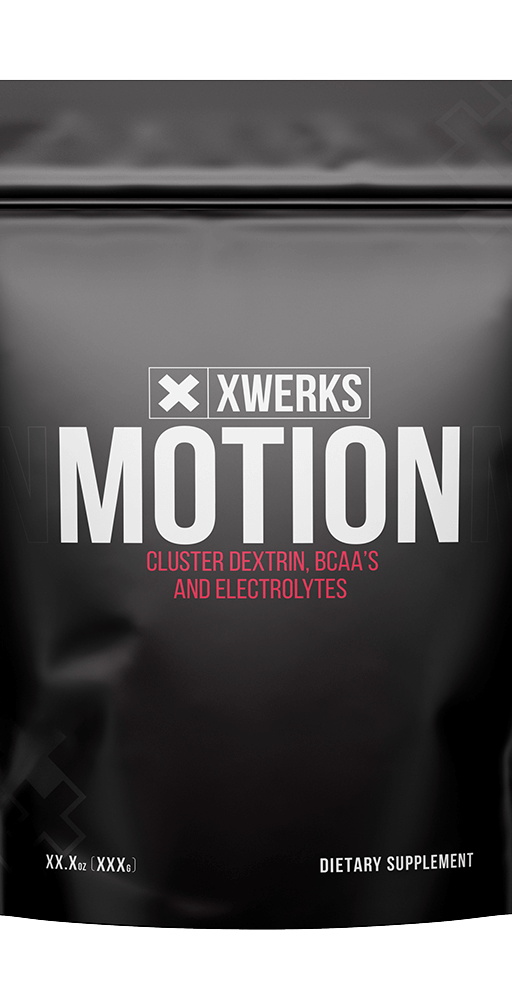When we talk about optimizing athletic performance, the conversation often centers around the importance of a balanced diet, proper training routines, and recovery strategies.
However, one of the most crucial factors influencing recovery is what we eat immediately after exercising—particularly our intake of carbohydrates.
Carbohydrates play a pivotal role in refueling muscle glycogen, promoting recovery, and setting the stage for optimal performance in future workouts. Yet, some athletes opt to delay carbohydrate consumption after training, with the idea that it might offer certain benefits.
Emerging research suggests otherwise. Delaying carbohydrates after a workout could actually impair both recovery and next-day performance.
The Role of Carbohydrates in Post-Exercise Recovery
To understand the potential impact of delayed carbohydrate intake, it's essential to first explore why carbs are so critical after exercise. Carbohydrates are our body's primary source of fuel, especially during high-intensity exercise.
During prolonged or intense training sessions, the body depletes its glycogen stores, which are carbohydrate reserves stored in muscles and the liver. These glycogen stores need to be replenished to support recovery and performance in subsequent exercise bouts.
When we consume carbohydrates after exercise, the body initiates a series of metabolic processes aimed at restoring these depleted glycogen levels. Enzymes responsible for glycogen synthesis are particularly active immediately after exercise, making it the optimal time to refuel.
By delaying carb intake, you risk missing this window of opportunity when glycogen replenishment is at its peak, potentially affecting your recovery.
Study Insights: How Delayed Carbohydrate Intake Impacts Performance
A recent study provides compelling evidence on the importance of timing carbohydrate intake. In the study, participants engaged in an intense training session and were then split into two groups: one that consumed carbohydrates immediately after exercise and another that delayed carb consumption by a few hours.
Interestingly, both groups experienced similar levels of muscle glycogen replenishment by the next day. However, the group that delayed carbohydrate intake saw a significant decline in performance during their next workout. Specifically, they completed 30% fewer intervals in the following day’s exercise session compared to the group that consumed carbohydrates immediately post-workout. This performance drop occurred despite the fact that their glycogen levels were on par with the immediate carb group.
Why Performance Declines Despite Normal Glycogen Levels
If muscle glycogen levels were comparable between both groups, what accounts for the dramatic performance differences? This question points to the possibility that recovery involves more than just replenishing muscle glycogen. While carbohydrates are essential for glycogen restoration, delaying their intake could negatively impact other recovery processes that influence next-day performance.
One potential factor is the central nervous system (CNS). Exercise, especially high-intensity training, places significant strain on the CNS. Rapid post-exercise carbohydrate intake might play a role in reducing this strain and supporting CNS recovery, which is critical for optimal athletic performance. Delaying carbs, on the other hand, could lead to prolonged CNS fatigue, contributing to decreased motivation, energy levels, and endurance during subsequent workouts.
Another consideration is the overall hormonal environment post-exercise. After intense training, the body is in a catabolic state, breaking down tissues for repair and recovery. Consuming carbohydrates immediately helps shift the body back to an anabolic state, promoting muscle repair and glycogen synthesis. Delaying carb intake prolongs the catabolic window, potentially impairing these recovery processes.
How Delayed Carbohydrates Affect Recovery Beyond Glycogen
In addition to their role in glycogen replenishment and CNS recovery, carbohydrates contribute to several other physiological processes that support post-exercise recovery. When carbs are consumed, they trigger the release of insulin, a hormone that facilitates the uptake of glucose into muscles. Insulin also promotes protein synthesis, an essential component of muscle repair and growth.
By delaying carbohydrate intake, you may reduce insulin sensitivity, impairing the body’s ability to efficiently use glucose for glycogen replenishment and protein synthesis. This could result in slower recovery rates, reduced muscle repair, and ultimately diminished performance.
Additionally, low glycogen levels can increase muscle protein breakdown, as the body may start using protein as an alternative fuel source. Rapid carbohydrate intake helps mitigate this process by ensuring that the body has adequate glycogen stores to fuel recovery, allowing protein to be used for muscle repair rather than energy.
Optimizing Your Post-Workout Nutrition
The takeaway from this research is clear: timing matters when it comes to carbohydrate consumption after exercise. To optimize recovery and support next-day performance, it’s important to consume carbohydrates within 30–60 minutes post-workout. This window represents a critical time when glycogen synthesis is most active, allowing for rapid replenishment of depleted stores.
The amount of carbohydrates you need post-exercise depends on the intensity and duration of your workout. For athletes engaging in prolonged or intense training, 1.0 to 1.2 grams of carbohydrates per kilogram of body weight is recommended. Pairing carbs with a small amount of protein (approximately 0.2–0.4 grams per kilogram) can further enhance recovery by promoting muscle repair and protein synthesis.
For example, after a long run or an intense weightlifting session, consuming a post-workout meal or snack that includes both carbs and protein can make a significant difference. A smoothie with fruit (carbohydrates) and a protein source like yogurt or protein powder is a simple, effective way to jumpstart recovery.
Beyond the Immediate Post-Workout Period
While the immediate post-workout period is critical, it’s also important to maintain adequate carbohydrate intake throughout the day, particularly on days when you plan to train again. This ensures that glycogen levels remain topped off, supporting sustained energy levels and optimal performance.
For athletes who train multiple times a day or have back-to-back competitions, carbohydrate timing becomes even more crucial. In these scenarios, quick replenishment of glycogen stores between sessions can be the difference between peak performance and fatigue.
Conclusion: Don't Delay—Fuel Right for Recovery and Performance
While some athletes may experiment with delaying carbohydrates after exercise in the hopes of achieving certain metabolic benefits, the evidence suggests that this practice can have a negative impact on recovery and performance. By consuming carbs immediately after exercise, you support not only glycogen replenishment but also CNS recovery, hormonal balance, and protein synthesis.
For athletes looking to maximize recovery and optimize next-day performance, the advice is simple: don’t delay, refuel right away.























